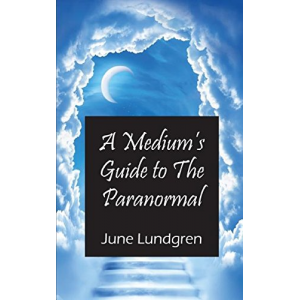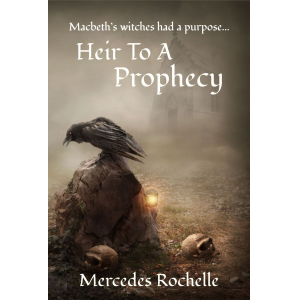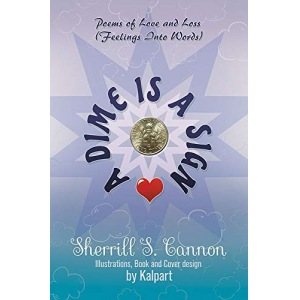- Author
- Book
- Story behind the book
- Media Links
- Reviews
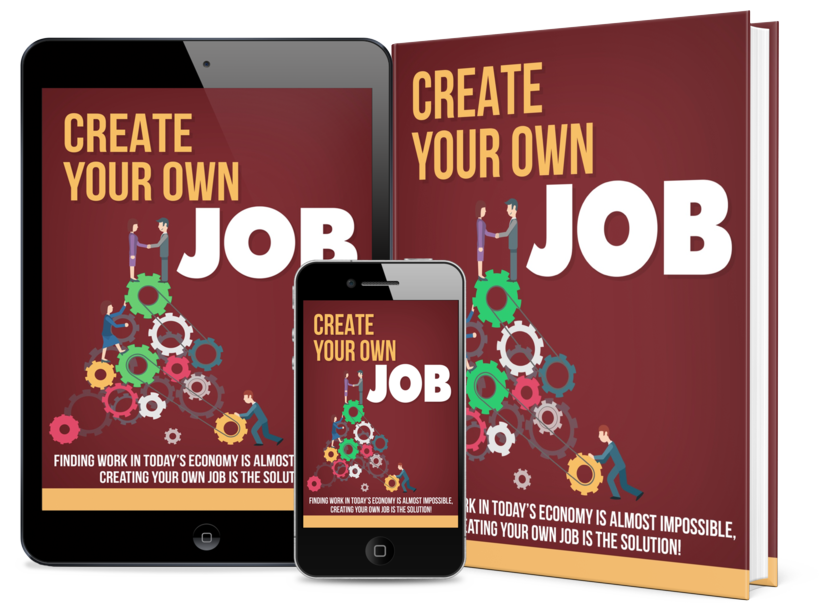
Ujwala Patankar
About
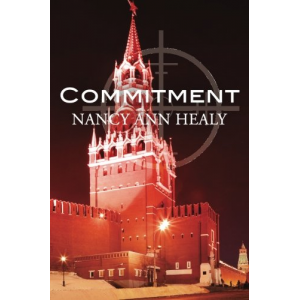
Commitment
Description
<p>It’s hard to be committed to anyone when you don’t know whom to trust.</p><p>Alexis Toles, a former FBI agent turned undercover CIA agent, is quickly finding that out in Nancy Ann Healy’s newest political thriller, <i>Commitment</i>.</p><p>Alex embeds in a secret organization of intelligence operatives known as The Collaborative. Its partners include operatives from the CIA, National Security Agency, FBI, US Department of Defense, and an entanglement of foreign intelligence agencies.</p><p>It’s about half a year after the death of President John Merrow, a friend and someone she respected. But she remains committed to overthrowing The Collaborative as she works with a onetime adversary who believes the organization’s involved in the president’s death.</p><p>Meanwhile Alex; her wife, Cassidy O’Brien; and Cassidy’s son try hard to live as a family but must first overcome personal struggles, including a nasty custody battle with Cassidy’s ex-husband, Congressman Christopher O’Brien. The family has their own share of secrets that, if unleashed, could affect their hopes for the future.</p><p>There’s no place to turn without discovering people who are not who they claim to be. That can’t stop Alex. She must remain committed to the cause, both at home and as she works against The Collaborative.</p>
